
 2024-04-12
2024-04-12
Introduction:
Joint replacement surgery at Prasidh Hospitals is a transformative solution for those enduring chronic joint pain and limited mobility. Our commitment to comprehensive care ensures patients receive support at every stage. In this blog, we'll detail the process of joint replacement surgery from preparation to recovery, offering crucial insights and tips. Chronic joint conditions like osteoarthritis profoundly affect daily life, making simple tasks challenging.
We aim to restore function and alleviate pain, empowering patients to regain independence. Our orthopaedic specialists prioritize patient education and personalized treatment plans, ensuring optimal outcomes. From initial consultation to post-operative rehabilitation, we provide guidance and support. This blog serves as a beacon of hope, equipping individuals with knowledge and confidence as they embark on their path to joint health and vitality.
Understanding Joint Replacement Surgery:
Joint replacement surgery, known as arthroplasty, involves removing damaged or diseased parts of a joint and replacing them with artificial implants made of metal, plastic, or ceramic. This procedure is commonly performed on joints such as the hip, knee, and shoulder to alleviate pain, improve mobility, and enhance quality of life.
Preparing for Surgery:
Consultation and Evaluation:
Schedule an initial consultation with your orthopaedic surgeon at Prasidh Hospitals.
Undergo a comprehensive evaluation, including medical history review, physical examination, and diagnostic tests such as X-rays and blood tests.
Discuss any pre-existing medical conditions, medications, and allergies with your healthcare team.
Pre-operative Instructions:
Follow your surgeon's instructions regarding medication management, including any medications to discontinue or adjust before surgery.
Adhere to fasting guidelines provided by your healthcare team, typically requiring you to refrain from eating or drinking anything after midnight before your surgery.
Preparing Your Home:
Make necessary arrangements for your post-operative recovery, including setting up a comfortable and accessible recovery area at home.
Arrange for assistance with household tasks and activities of daily living during the initial recovery period.
Pre-operative Education:
Attend pre-operative education sessions or consultations to learn about what to expect before, during, and after surgery.
Familiarize yourself with the surgical procedure, potential risks and complications, and strategies for optimizing recovery.
The Surgical Procedure:
Admission and Preparation:
Arrive at Prasidh Hospitals on the day of your surgery and check in at the admissions desk.
Meet with your surgical team, including your orthopaedic surgeon, anaesthesiologist, and nursing staff, to review the surgical plan and address any last-minute queries.
Anaesthesia Administration:
Receive anaesthesia, either general anaesthesia or regional anaesthesia, depending on your surgeon's recommendation and your medical history.
Anaesthesia ensures you are comfortable and pain-free during the surgery.
Surgical Technique:
Your surgeon will make an incision over the affected joint, providing access to the damaged joint components.
It is necessary to remove the damaged cartilage and bone before carefully placing prosthetic components to restore proper joint function and stability.
Surgical techniques may vary depending on the type of joint replacement surgery performed, such as total hip replacement, total knee replacement, or shoulder replacement.
Closure and Recovery:
Once the prosthetic components are securely implanted, your surgeon will close the incision with sutures or staples.
After the operation, you will be taken to the recovery area, where the nursing staff will keep a close eye on you as you wake up from anaesthesia.
Recovery and Rehabilitation:
Immediate Post-operative Care:
It is natural for you to feel dazed or uncomfortable when you wake up from anaesthesia.
Pain management techniques, including medication and ice therapy, will be initiated to alleviate discomfort.
Begin gentle range of motion exercises as directed by your healthcare team to promote circulation and prevent stiffness.
Hospital Stay:
Remain in the hospital for a few days following surgery to receive personalised care and support from our medical team.
Participate in physical therapy sessions to gradually regain strength, flexibility, and mobility in the operated joint.
Transition to Home:
Upon discharge from the hospital, you will receive detailed instructions for home care and follow-up appointments.
Arrange for transportation home and assistance with activities of daily living during the initial recovery period.
Outpatient Rehabilitation:
Continue physical therapy and rehabilitation exercises on an outpatient basis to further progress your recovery and optimise joint function.
Attend scheduled follow-up appointments with your orthopaedic surgeon to monitor your progress and address concerns.
Post-Surgery Care:
Wound Care:
Keep the surgical incision clean and dry, following your surgeon's instructions for wound care and dressing changes.
Monitor the incision site for signs of infection, such as redness, swelling, or drainage, and notify your surgeon if you experience any concerning symptoms.
Pain Management:
Take prescribed pain medications as per your healthcare team to manage discomfort and promote healing.
Use ice packs or cold therapy as needed to reduce swelling and inflammation in the operated joint.
Activity Modification:
Follow your surgeon's recommendations regarding activity restrictions and limitations during the early stages of recovery.
Avoid high-impact activities and heavy lifting until cleared by your healthcare team to prevent injury to the newly replaced joint.
Nutrition and Hydration:
Maintain a balanced diet rich in nutrients and hydration to support healing and recovery.
Stay hydrated and consume foods high in protein, vitamins, and minerals to promote tissue repair and strengthen muscles and bones.
Life after Joint Replacement:
Gradual Return to Activities:
Gradually resume activities of daily living and light exercises as tolerated, increasing intensity and duration over time.
Incorporate low-impact exercises such as walking, swimming, and cycling to maintain joint mobility and overall fitness.
Long-Term Joint Care:
Attend regular follow-up appointments with your orthopaedic surgeon to monitor the function and longevity of the prosthetic joint.
Follow recommended precautions and lifestyle modifications to protect the replaced joint and minimise the risk of complications.
Enjoying Improved Quality of Life:
Experience the benefits of joint replacement surgery, including reduced pain, improved mobility, and enhanced quality of life.
Engage in activities and hobbies that were once limited by joint pain, and enjoy a more active and fulfilling lifestyle.
Support and Resources:
Seek support from family, friends, and healthcare professionals as you navigate the challenges and triumphs of life after joint replacement.
Stay informed about advances in joint replacement technology and techniques to ensure ongoing success and satisfaction with your joint replacement surgery.
Conclusion:
At Prasidh Hospitals, we commit to providing compassionate care and comprehensive support to patients undergoing joint replacement surgery. Our experienced team helps patients achieve optimal outcomes and regain mobility and independence after surgery.
If you or someone you care about is thinking about getting joint replacement surgery, we strongly advise you to set up a meeting with our orthopaedic specialists to discuss your choices and begin the path to a life without pain.
 What’s Causing That Itchy Feeling in Your Ears? 2024-09-21 by : Prasidh Hospitals
What’s Causing That Itchy Feeling in Your Ears? 2024-09-21 by : Prasidh Hospitals
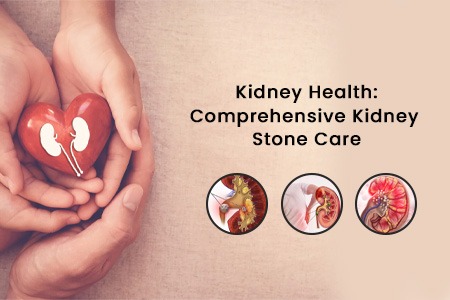 Kidney Health Comprehensive Kidney Stone Care 2024-09-20 by : Prasidh Hospitals
Kidney Health Comprehensive Kidney Stone Care 2024-09-20 by : Prasidh Hospitals
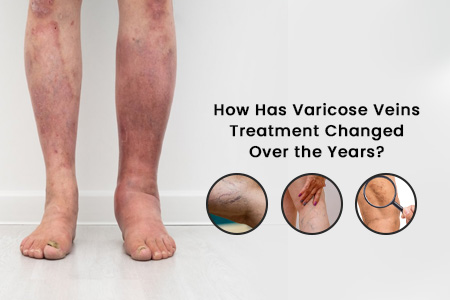 How Has Varicose Veins Treatment Changed Over the Years? 2024-09-18 by : Prasidh Hospital
How Has Varicose Veins Treatment Changed Over the Years? 2024-09-18 by : Prasidh Hospital
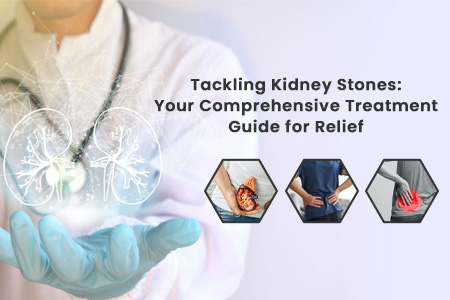 Tackling Kidney Stones Your Comprehensive Treatment Guide for Relief 2024-08-21 by : Prasidh Hospital
Tackling Kidney Stones Your Comprehensive Treatment Guide for Relief 2024-08-21 by : Prasidh Hospital
 Heartburn Symptoms, Causes, Risks, and Treatment 2024-08-20 by : Prasidh Hospital
Heartburn Symptoms, Causes, Risks, and Treatment 2024-08-20 by : Prasidh Hospital
 Mosquito-Related Diseases Symptoms, Causes, and Preventive Tips 2024-08-16 by : Prasidh Hospital
Mosquito-Related Diseases Symptoms, Causes, and Preventive Tips 2024-08-16 by : Prasidh Hospital
 Understanding ADHD in Children Signs, Symptoms, and Treatment 2024-07-11 by : Prasidh Hospitals -
Understanding ADHD in Children Signs, Symptoms, and Treatment 2024-07-11 by : Prasidh Hospitals -
 Pregnancy Planning Preparing for a Healthy Pregnancy 2024-07-11 by : Prasidh Hospitals -
Pregnancy Planning Preparing for a Healthy Pregnancy 2024-07-11 by : Prasidh Hospitals -
 Understanding High Blood Pressure Causes, Risks, and Management 2024-07-11 by : Prasidh Hospitals -
Understanding High Blood Pressure Causes, Risks, and Management 2024-07-11 by : Prasidh Hospitals -
 Understanding Hormonal Imbalances Causes, Symptoms, and Treatments for a Balanced Life 2024-05-27 by : Prasidh Hospital
Understanding Hormonal Imbalances Causes, Symptoms, and Treatments for a Balanced Life 2024-05-27 by : Prasidh Hospital
 Navigating Orthopaedic Surgery Procedures, Recovery, and Benefits 2024-05-25 by : Prasidh Hospital
Navigating Orthopaedic Surgery Procedures, Recovery, and Benefits 2024-05-25 by : Prasidh Hospital
 Boosting Your Child's Immune System Paediatric Advice for a Healthy Future 2024-05-24 by : Prasidh Hospital
Boosting Your Child's Immune System Paediatric Advice for a Healthy Future 2024-05-24 by : Prasidh Hospital
 Joint Replacement Surgery: What to Expect and How to Prepare 2024-04-12 by : Prasidh Hospital
Joint Replacement Surgery: What to Expect and How to Prepare 2024-04-12 by : Prasidh Hospital
 The Vital Importance of Regular Gynecologist Check-ups for Women's Health 2024-03-06 by : Prasidh Hospital
The Vital Importance of Regular Gynecologist Check-ups for Women's Health 2024-03-06 by : Prasidh Hospital
 The Lifesaving Role of Neonatal Intensive Care Units (NICUs) for Premature Babies 2024-03-07 by : Prasidh Hospital
The Lifesaving Role of Neonatal Intensive Care Units (NICUs) for Premature Babies 2024-03-07 by : Prasidh Hospital
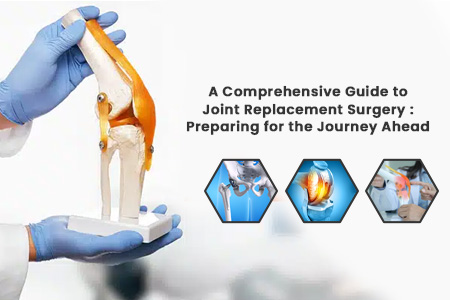 A Comprehensive Guide to Joint Replacement Surgery Preparing for the Journey Ahead 2024-03-04 by : Prasidh Hospital
A Comprehensive Guide to Joint Replacement Surgery Preparing for the Journey Ahead 2024-03-04 by : Prasidh Hospital
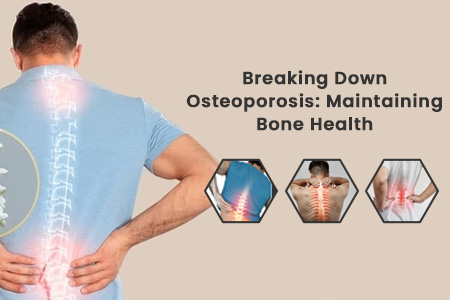 Breaking Down Osteoporosis Maintaining Bone Health 2024-02-16 by : Prasidh Hospital
Breaking Down Osteoporosis Maintaining Bone Health 2024-02-16 by : Prasidh Hospital
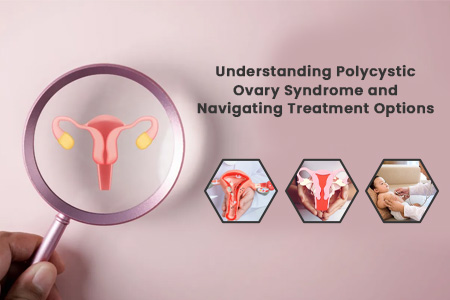 Understanding Polycystic Ovary Syndrome and Navigating Treatment Options 2024-02-16 by : Prasidh Hospital
Understanding Polycystic Ovary Syndrome and Navigating Treatment Options 2024-02-16 by : Prasidh Hospital
 Protecting Precious Lives Neonatal Pneumonia and Promoting Prasidh Hospital's Expert Care 2024-02-09 by : Prasidh Hospital
Protecting Precious Lives Neonatal Pneumonia and Promoting Prasidh Hospital's Expert Care 2024-02-09 by : Prasidh Hospital
 Rediscovering Sound A Journey through Hearing Loss Solutions at Prasidh Hospital 2024-01-29 by : Prasidh Hospital
Rediscovering Sound A Journey through Hearing Loss Solutions at Prasidh Hospital 2024-01-29 by : Prasidh Hospital
 Unveiling Solutions for PCOS Prasidh Hospitals Holistic Approach to Womens Health 2024-01-25 by : Prasidh Hospital
Unveiling Solutions for PCOS Prasidh Hospitals Holistic Approach to Womens Health 2024-01-25 by : Prasidh Hospital
 Challenges of ADHD Prasidh Hospital's Comprehensive Approach to Care 2024-01-24 by : Prasidh Hospital
Challenges of ADHD Prasidh Hospital's Comprehensive Approach to Care 2024-01-24 by : Prasidh Hospital
 Understanding Acid Peptic Disease Symptoms, Causes, and Treatment 2023-12-29 by : Prasidh Hospital
Understanding Acid Peptic Disease Symptoms, Causes, and Treatment 2023-12-29 by : Prasidh Hospital
 Nurturing Healthy Appetites A Guide to Improving Your Child's Eating Habits 2023-12-27 by : Prasidh Hospital
Nurturing Healthy Appetites A Guide to Improving Your Child's Eating Habits 2023-12-27 by : Prasidh Hospital
 Nourishing Pregnancy Foods to Avoid for a Healthy Journey 2023-12-20 by : Prasidh Hospital
Nourishing Pregnancy Foods to Avoid for a Healthy Journey 2023-12-20 by : Prasidh Hospital
 Identify the Symptoms of Allergy and Asthma A Comprehensive Guide 2023-12-13 by : Prasidh Hospital
Identify the Symptoms of Allergy and Asthma A Comprehensive Guide 2023-12-13 by : Prasidh Hospital
 Hyderabad's Solution to Dry Mouth Problems Expert Care 2023-11-28 by : Prasidh Hospital
Hyderabad's Solution to Dry Mouth Problems Expert Care 2023-11-28 by : Prasidh Hospital
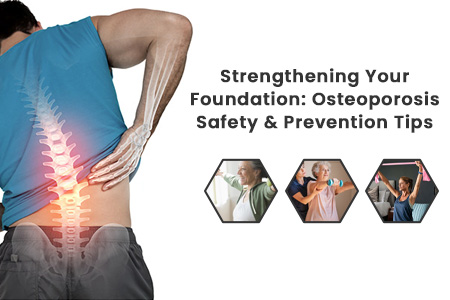 Strengthening Your Foundation: Osteoporosis Safety and Prevention Tips 2023-11-15 by : Prasidh Hospital
Strengthening Your Foundation: Osteoporosis Safety and Prevention Tips 2023-11-15 by : Prasidh Hospital
 Maximizing Your Chances of a Normal Delivery: Tips for a Healthy Pregnancy 2023-11-07 by : Prasidh Hospital
Maximizing Your Chances of a Normal Delivery: Tips for a Healthy Pregnancy 2023-11-07 by : Prasidh Hospital
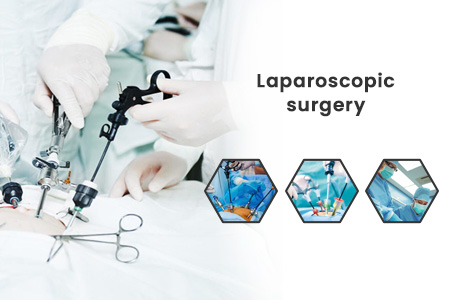 Laparoscopic surgery 2023-07-04 by : prasidhhospitals
Laparoscopic surgery 2023-07-04 by : prasidhhospitals
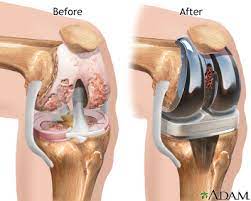 How to Manage Pain Swelling 2022-07-23 by : admin
How to Manage Pain Swelling 2022-07-23 by : admin
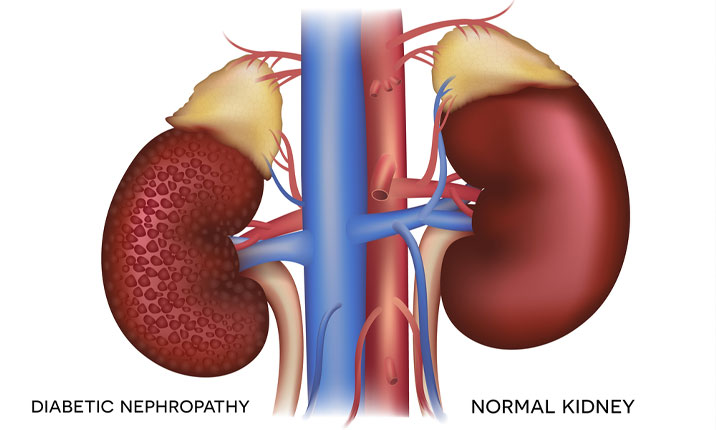 kidney health and diasbetes 2022-07-23 by : Admin
kidney health and diasbetes 2022-07-23 by : Admin
 how to increase the chances of normal delivery? 2022-07-23 by : admin
how to increase the chances of normal delivery? 2022-07-23 by : admin
Copyright © Prasidh rights reserved.